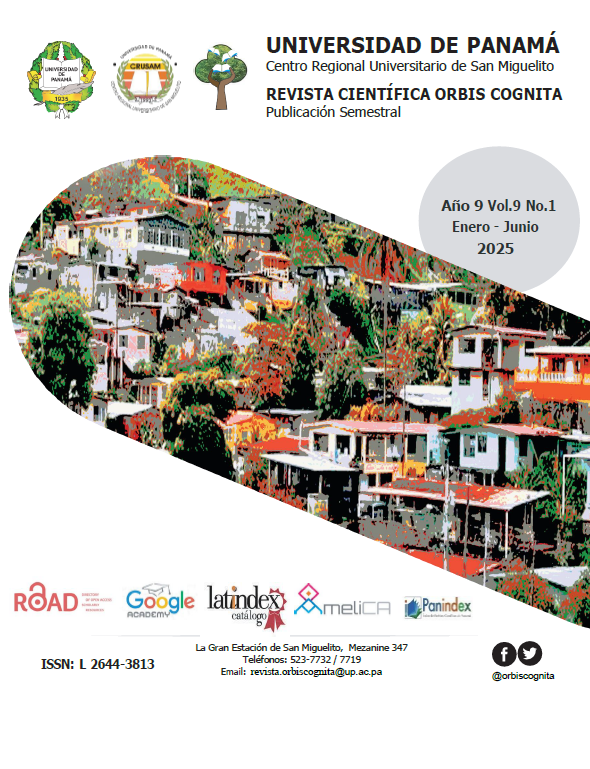

Copyright (c) 2025 Revista Científica Orbis Cógnita

This work is licensed under a Creative Commons Attribution-NonCommercial-ShareAlike 4.0 International License.
The Constitution of the Republic of Ecuador (2008) states in article 288 that public purchases will meet criteria of efficiency, transparency, quality, environmental and social responsibility. National products and services will be prioritized, particularly those coming from the popular and solidarity economy, and from micro, small and medium-sized productive units. For this reason, efforts must be made to expand the criteria regarding quality in the exercise of public administration. Of course, for there to be true use of technological, physical, economic resources, etc., the entity must comply with adequate planning, which allows establishing times and terms by which the work will be carried out, complying with the principles that the Constitution of the Republic itself establishes and the Organic Administrative Code regulates them through the first 30 articles. The objective of this research is to determine the importance of valuing quality versus state savings in the processes of acquiring goods. For this, a methodology based on non-experimental research was used, it is based on the observation of one or more characteristics, under a qualitative-quantitative modality because it offers a better collection of information from both modalities; qualitative, because it deals with the acquisition of non-numerical data to understand all types of concepts, opinions or experiences that have been lived; and, quantitative, because numerical and statistical data are collected. The results of the study showed the need to establish criteria based on quality, which in turn allows less expense in terms of future maintenance.